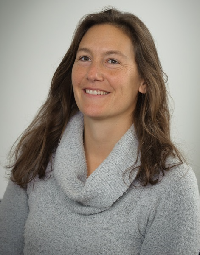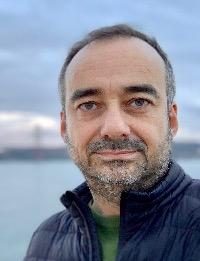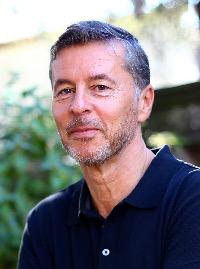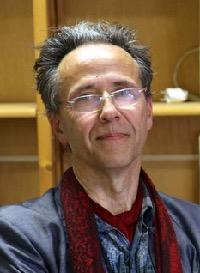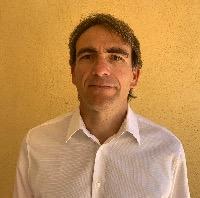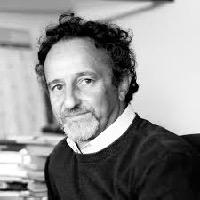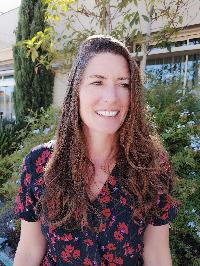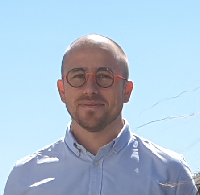The objective of the research in Eric Gilson team is to provide further mechanisms and molecular tools that describe telomeres as nuclear integrated structures and to understand how cell fate is determined by telomere changes with application in the aging and medical fields.
Historically, the general strategy of the team is a bottom-up approach starting from the key shelterin component TRF2, addressing numerous aspects of its structure and function relationships by combining biophysical, biochemical, molecular, cellular, genetic, experimental oncogenesis and clinical studies. The team aims at applying the knowledge gained from their research on TRF2 to address general questions regarding telomere protection and signaling, replicative senescence, immunosurveillance, organismal aging and oncogenesis as well to the development of novel clinical approaches to treat cancer and to prevent age-associated pathologies.
Recently, the team decided to address the question of the relationships between telomere and aging from a different angle by asking the basic question: does evolution change the life history of species by modifying telomere biology? This is currently addressed by studying the link between telomere variation and organismal fitness using natural populations of both budding yeast (in collaboration with the Gianni Liti team) and reef-building coral, taking advantage of the current TARA-PACIFIC expedition that is sampling corals throughout the Pacific over a 2-years cruise (https://oceans.taraexpeditions.org/m/environnement/ocean-climat-arctique/nouvelle-expedition-tara-pacific/).




